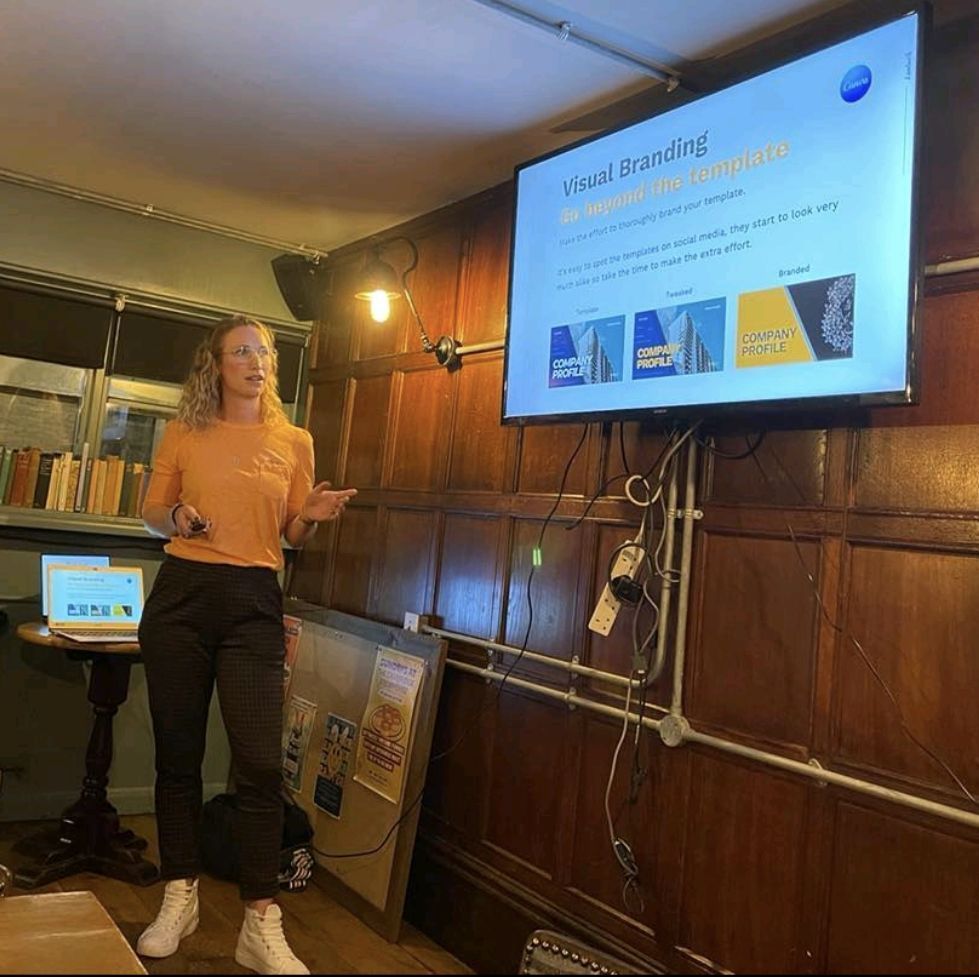Jargon isn't always appropriate
There are times when it is and isn't fitting
According to the Cambridge Dictionary, the definition of jargon is as follows: " special words and phrases that are used by particular groups of people, especially in their work " (cambridgedictionary.com)
It’s tempting to use jargon to demonstrate your depth of specialist knowledge, especially if you’re not feeling too confident about your position in the business, your company’s position in the industry or you’re new to a role and you’re trying to prove yourself.
Using jargon can be a bit of a muscle flex in terms of ‘look how much I know – are you impressed?’
Who is your audience?
First of all, we really need to establish who your audience is because that’s a huge influencing factor. If your audience is internal or the same industry, some jargon might be ok but even within your organisation and industry, there will be people who don’t know what you’re talking about.
If you want to communicate something internally from the technical team to colleagues at all levels for example, consider whether everyone from the intern to the MD will understand your terminology.
If you’re going to use acronyms, help a colleague out and drop the full term in brackets at least once, to help them learn. In fact, this is just good practice and so should always be included.
If you’re targeting others within your industry, again, some jargon will probably be ok but consider whether it’s widely used and understood or unique to your organisation. Find out more about this and ‘hyper-local jargon’ towards the end of this post.

What’s
the problem with using jargon?
Jargon can be like finding a hair in your dinner, it’s off-putting and makes you question whether or not you should continue.
-Nine times out of ten, people don’t appreciate being shown up and made to feel intellectually inferior.
-Using jargon can make your content clunky, over-complicated and disengaging.
-Disengaging content results in lost sales. People will fall out of the sales funnel at the point that the information they’re trying to glean about a product or service is not flowing and easy to digest.
If you’re not sure whether you use too much jargon, pick 5 pieces of marketing material at random and hand them out to 5 people outside of your organisation and industry and ask them to have a read through. If they can get the whole way through without:
a)Having to Google a word or term
b)Having to ask someone else what something means
c)Having to re-read a sentence or paragraph three times to make sense of it
….you’re probably doing ok.
If the feedback involves any of the above, I would suggest your revise your existing blog posts, web content, brochures etc. and be more mindful when producing future content. You want your content to slip down like a good wine, with your audience keen to consume more of this appetising information.
The reason I suggest asking people outside of your organisation is that more often than not, organisations develop their own jargon or ‘ hyper-local jargon ’. How many acronyms do you hear banded about or how many times do you hear terms used where you know what it means in the context of your work but someone else would have no clue what you’re talking about?
It can be particularly hard to cut out all of the jargon if you work in a technical or scientific industry. It can be tedious and drawn-out, but it might be a case of going over it time and time again, breaking it down further and further until you can hand it to Bob on the street and him read through it, hand it back to you and say ‘yeah that makes sense’. Literally, it needs to be that simple.
In summary
-Sense-check your content with people within or outside of your industry, depending on your target audience.
-Be aware of hyper-local jargon and avoid it.
-Always include the full term at least once before using the acronym.
-Make your content as easy to consume as a good glass of wine, not a bony fish.










